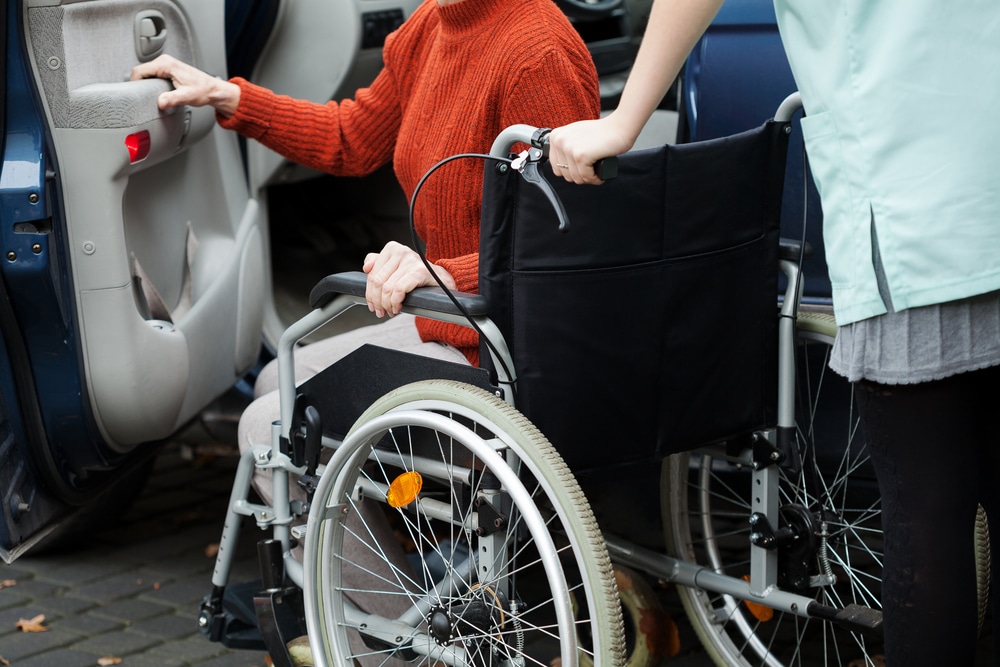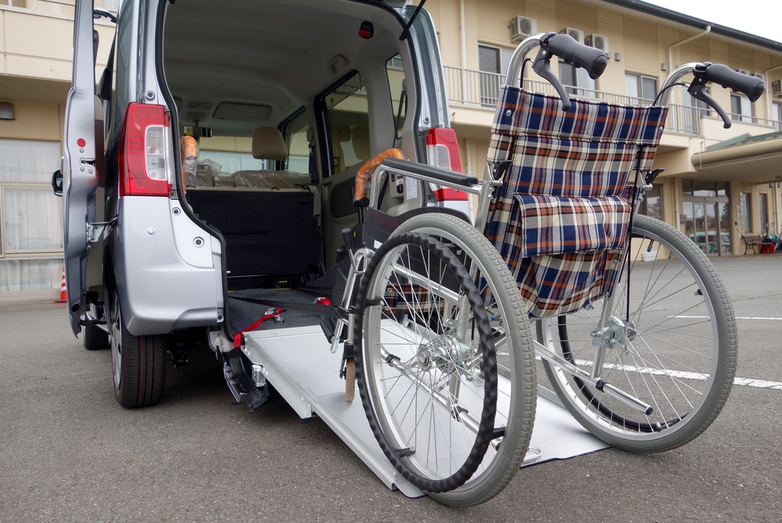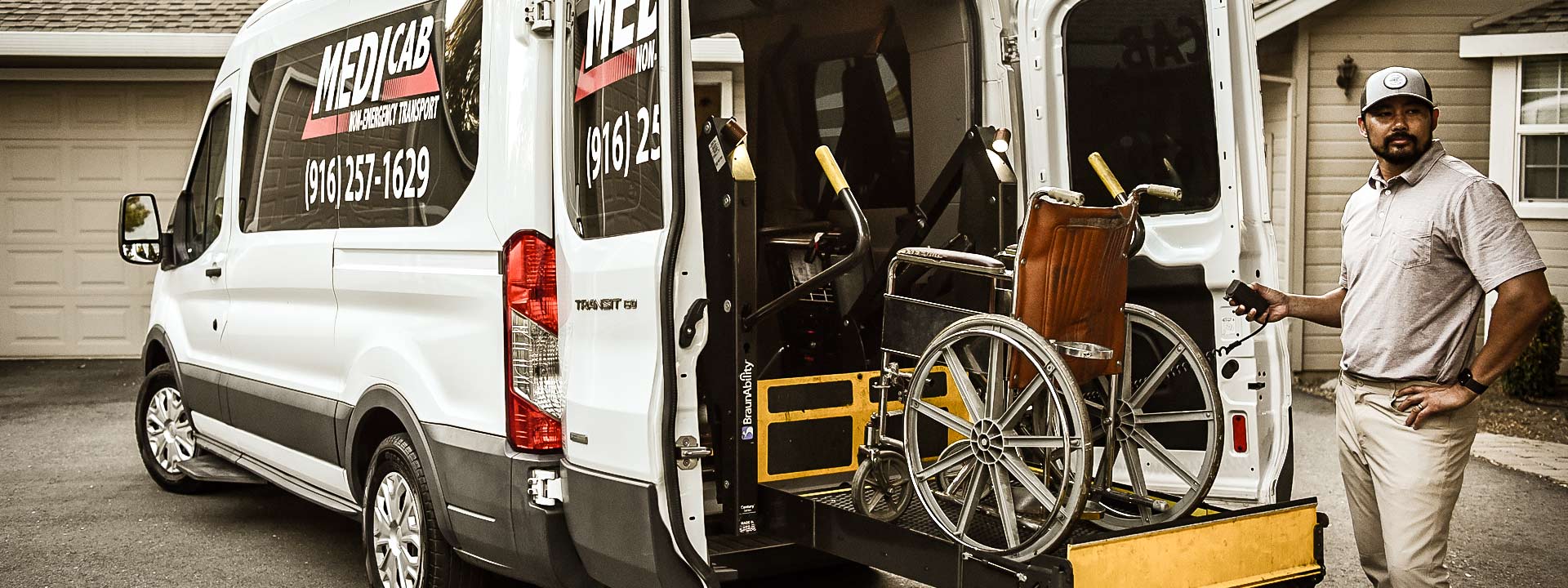Streamlined Medical Transportation: Making Medical Care Accessible for All
Streamlined Medical Transportation: Making Medical Care Accessible for All
Blog Article
Cost Effective and Accessible Medical Transportation Options for each Scenario
In the realm of medical care, the capacity to access medical solutions is paramount, yet the difficulty of inexpensive and easily accessible transport can typically prevent people from receiving required care. While some might have the ways to secure private transportation, many face barriers that make it hard to get to medical appointments or facilities. Nevertheless, the landscape of medical transportation choices is advancing, offering a variety of options customized to different demands and circumstances. By exploring specific clinical transport services, neighborhood transport programs, ride-sharing and taxi services, non-emergency medical transportation, in addition to public transit and paratransit choices, people can find avenues that provide to their particular needs and ensure they get the care they need.
Specialized Medical Transport Services
Specialized clinical transportation services play a crucial duty in guaranteeing safe and effective transport for people needing specialized treatment during transportation. These services satisfy individuals with one-of-a-kind clinical requirements, such as those needing consistent monitoring, specific tools, or clinical treatments during transport. By using specially complete vehicles and skilled medical workers, specialized clinical transport services make certain that individuals get the required treatment while being transported between healthcare centers, homes, or various other areas.
One key facet of specific clinical transport solutions is the focus on patient convenience and safety. Clinical transport groups are trained to manage various clinical problems and emergencies that might arise throughout transportation, supplying a greater degree of care than standard transportation choices. Furthermore, these services usually use door-to-door support, minimizing the anxiety and discomfort that patients might experience throughout transfers.
Neighborhood Transportation Programs
Having resolved the vital function of customized medical transport solutions in guaranteeing safe and efficient transportation for people with one-of-a-kind clinical requirements, the emphasis currently moves to taking a look at Neighborhood Transport Programs - medical transportation. These programs play an important role in giving affordable and easily accessible transportation options for the basic populace, consisting of elders, people with specials needs, and low-income family members that may face obstacles in accessing typical transportation options
Area Transportation Programs include a range of solutions such as fixed-route buses, paratransit services, volunteer vehicle driver programs, and ridesharing efforts. These programs are often funded by local federal governments, non-profit organizations, or private firms to ensure that individuals have reliable transportation options to reach clinical visits, grocery store shops, social tasks, and other necessary locations.
Ride-Sharing and Taxi Providers

Among the essential benefits of ride-sharing and taxi solutions is their ease of access. These solutions run 24/7, allowing people to take a trip to medical appointments, drug stores, or healthcare facilities any find out time of the day. Additionally, ride-sharing and taxi services satisfy individuals with wheelchair obstacles by offering wheelchair-accessible cars upon demand.
Additionally, ride-sharing and taxi solutions can be particularly helpful for people living in areas with restricted public transport choices. By linking the gap in between home and medical care centers, these services play an essential role in guaranteeing that everyone has access to necessary clinical solutions.
Non-Emergency Medical Transport

Non-Emergency Medical Transportation providers generally employ trained employees that are experienced in helping individuals read what he said with varying clinical demands (medical transportation). These experts make sure that clients are safely transferred to their destinations in a prompt way, addressing any kind of certain demands or clinical devices necessary throughout the journey. By offering door-to-door service, Non-Emergency Medical Transportation improves the overall access of medical care for people who may or else struggle to participate in vital medical consultations. Generally, these solutions add considerably to improving healthcare end results by helping with the smooth transportation of clients to non-urgent clinical centers.
Public Transit and Paratransit Options
Public transportation and paratransit alternatives supply crucial transport solutions for people with varying movement needs, ensuring access to essential locations such as clinical facilities and consultations. Public transportation systems, consisting of buses, trains, and trains, offer a cost-efficient and extensively offered mode of transport for people looking for to get to medical consultations. These solutions are especially advantageous for those who might not have access to private lorries or need support due to flexibility difficulties.
Paratransit solutions cater specifically to individuals with handicaps who are incapable to utilize conventional mass transit. These solutions supply door-to-door transport, fitting individuals with wheelchairs, walkers, or various other mobility help. Paratransit vehicles are geared up with functions such as mobility device ramps and securement systems to guarantee the risk-free and comfy transport of guests with differing movement demands.

Final Thought

Report this page